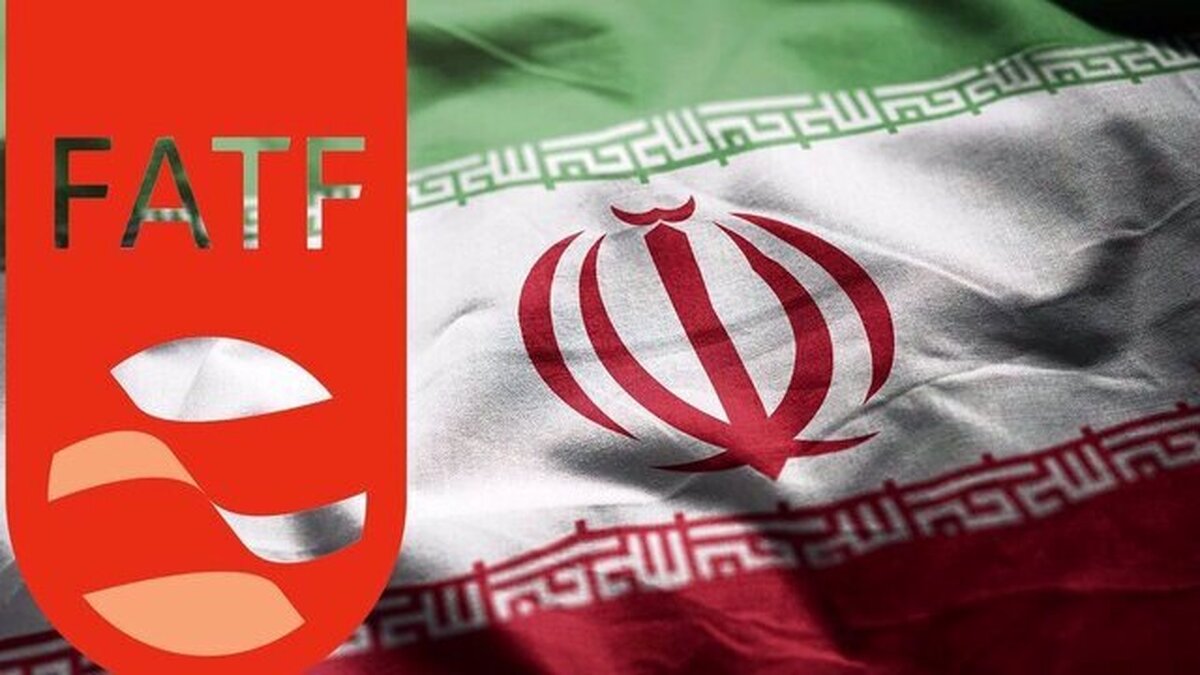
FATF Iran Decision and US Tactics
EghtesadOnline: In about 10 days from now, the Financial Action Task Force–an international anti-money laundering group–will hold its regular plenary meeting in Paris to consider, among other items on its agenda, the Islamic Republic of Iran’s progress report on implementing an action plan to improve its anti-money laundering and combating the financing of terrorism system.
Under the action plan agreed upon in June 2016, Iran committed itself to enforce a set of tough standards in its entire financial and banking system within 18 months. At the end of the timeline, FATF, in its upcoming meeting, should decide whether measures taken by Iran are satisfactory enough for the group to fully delist the country from its non-cooperative list.
There are clear indications that an absolute majority of FATF members are convinced by Iran’s progress report and would lend their support to a favorable conclusion for the country. However, the administration of US President Donald Trump is working hard to influence what is supposed to be a technical decision by this multilateral body.
On Jan. 25, Edward Royce, chairman of the Committee on Foreign Relations of the US House of Representatives, penned an official letter to the US secretary of treasury, with a copy dispatched to the US secretary of state, in which he appreciated the Treasury Department's efforts “to use sanctions and other tools of financial pressure” against Iran.
According to Financial Tribune, the letter also stated that “the tools available through the Financial Action Task Force must remain a key part of this effort”.
Royce did not refer to the hundreds of pages of Iran’s progress report as well as five rounds of technical discussions in the last two years held jointly between Iranian representatives and many experts from across the world, many of whom were American.
The congressman also did not bother to ask his fellow American experts, who were part of the US delegation, about their technical assessment of Iran's progress in implementing the technical items in the action plan. Royce has his own political agenda to pursue beyond what the legal and financial experts follow within their mandated tasks.
Back in mid-2014, I co-authored a piece in which I argued that the FATF decision to categorize Iran as non-cooperative was neither fair nor constructive. I argued that the “objectives of the FATF are to set standards and promote effective implementation of legal, regulatory and operational measures for combating money laundering, terrorist financing and other related threats to the integrity of the international financial system”.
As an advocacy body “which works to generate the necessary political will to bring about national legislative and regulatory reforms in these areas”, FATF cannot and should not enter into a sphere where certain world powers use every tool at their disposal to score political points.
The next plenary meeting in Paris is a real test. Staunch FATF supporters have claimed time and again that politics has no place in the work and the evaluation process of this body, and that every single action is based on technically defined criteria. However, concrete records of the organization's practices do not always support this claim, at least in Iran's case.
We all know that technical impartiality and professional conduct free from political and other pressures is not always an easy undertaking. The above-mentioned example involving Royce was not the only evidence signaling attempts by US officials to influence the decision-making process in the Paris meeting.
Nonetheless, US government representatives will have a hard time convincing other delegates of their position, as there is almost no technical feature in the action plan that is left unimplemented by Iran.
Apart from a couple of relevant draft legislations sent to the parliament for final approval, Iran has proved successful in applying a satisfactory level of standards in many areas of financial and banking transactions in line with what many other jurisdictions have done under the strict evaluation measures of FATF. The system is already working for Iran based on relevant national laws and mechanisms.
The credibility of FATF will be at stake this month, as many officials and experts from around the globe will be carefully eying the assessment process during the upcoming plenary meeting. They would like to see who will ultimately win: Royce and his fellow American politicians, or impartial professional experts.
Moreover, the Iranian government, parliament and the general public will also carefully watch the course of the decision-making process in FATF. The potential corruption of what is advertised as a purely technical process by the undue influence of the Trump administration will reflect poorly on FATF as a whole. There clearly remains no room for any excuse.


